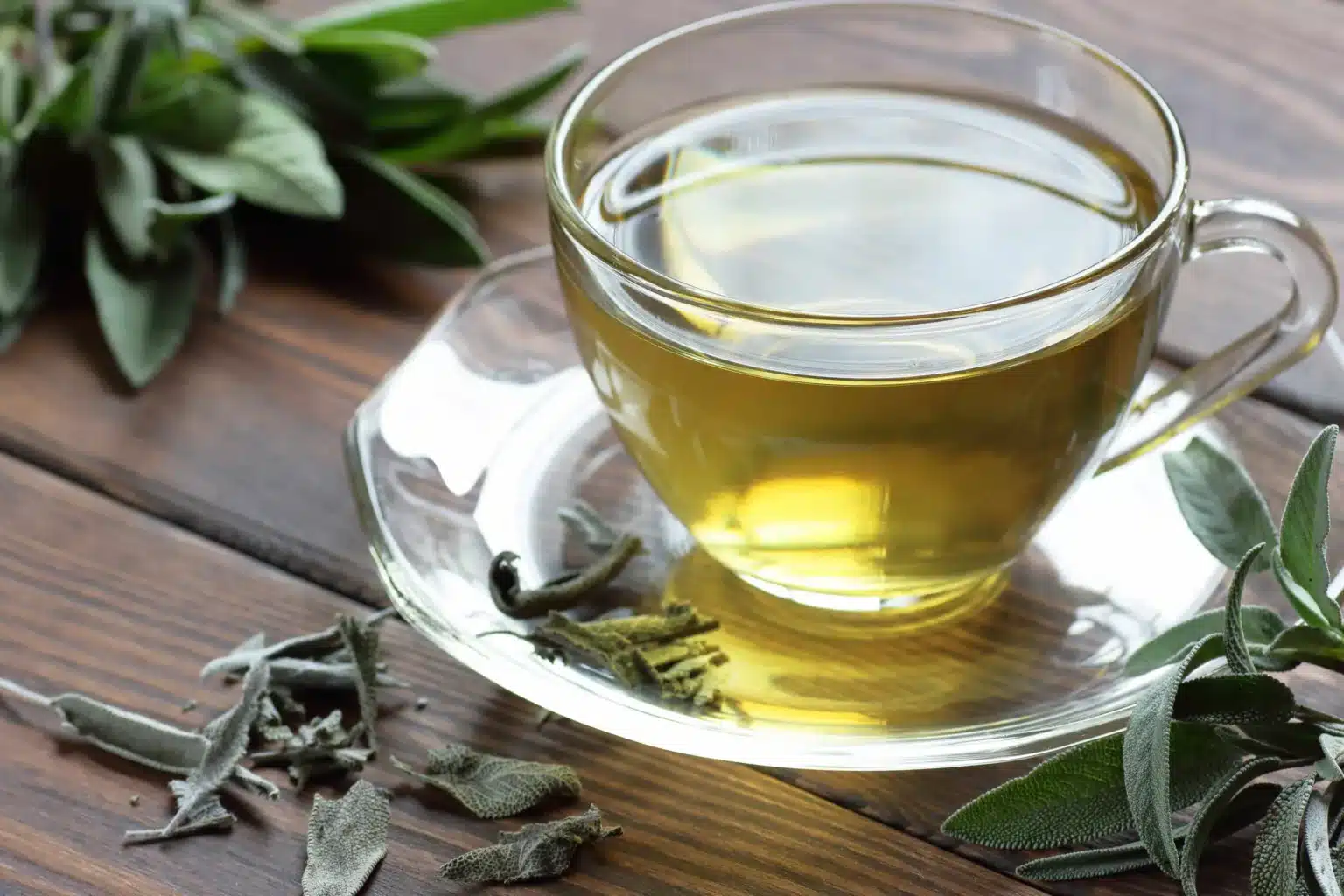Five caffeine alternatives to boost energy with added health benefits
By Dr. Naomi Newman-Beinart
Dr. Naomi Newman-Beinart is a nutritionist (BSc) and specialist in health psychology (PhD) and she is here to tell you about healthy alternatives to coffee.
Caffeine – is it good or bad for you?
This is the question everyone has been asking for decades. And the answer is something you probably hear a lot – everything in moderation is the name of the game. Too much of anything will probably not be good for you.
As you know, coffee contains caffeine, which is a stimulant. Some people struggle to handle caffeine as it can increase anxiety for people with panic disorders and make it difficult to fall sleep at night. If it is not affecting you then you may not worry about it too much. But if you can’t sleep, have hormone imbalances, anxiety, gut problems or it doesn’t suit you, it’s good idea to reduce caffeine consumption and find alternatives to get you through the day.
The good news is there are some great alternatives that won’t cause havoc with your hormones and will give you a more sustained energy release. I have spent a long time researching alternatives that support your health, won’t affect your sleep and keep your hormones in a happier state in comparison to chugging back on coffee.
So here are 5 great coffee alternatives to wake you up and get you feeling great for the day, with the added benefit of being great for your health:
Cordyceps mushrooms – don’t think about the mushrooms you are having in your cooked breakfast, or the ones in the delicious Italian ravioli you’re having for lunch. These clever medicinal mushrooms have been used for hundreds of years and have been found to be great for energy and endurance, so you can use it instead of coffee to boost your energy levels. The great news is that they also help you cope better with stress and have been found in studies to help build lean muscle.
In terms of energy, Research found that after 3 weeks of taking cordyceps mushrooms, people’s resistance to fatigue was increased by 73%. This is really important for anyone doing exercise or anything where your body might need more energy.
You can add some into your juice or a decaf tea or coffee. However, my favourite way to take these amazing mushrooms is in my morning smoothie with half a frozen banana, 2 pitted dates and 200ml of any milk or milk substitute that you love. You will then have the perfect pick me up to get you going in the morning.
Actiph water – Some really good advice I was given in my late teens was to drink a glass of water first thing every morning. I may not have done it at that point, but by the time I was in my early 20’s and drinking alcohol, I started doing this and never looked back! Now I am in my 40’s, I am so glad that I listened to that bit of advice. Hydration is so important and research shows that losing even as little as 2% of your body’s water can make you feel more fatigued and less motivated during and after exercise (1).
A great option is Actiph water, which is pure alkaline spring water containing electrolytes. Many of my clients are fatigued, lacking energy and find it hard to concentrate throughout the day. I always suggest drinking a glass of water in the morning before they start to think about tea or coffee, and to drink a glass of water between caffeinated or energy drinks during the day.
A 2016 study comparing hydration after exercise found that those drinking alkaline water had lower blood viscosity (meaning the thickness and stickiness of your blood) than those drinking standard water, which suggests that alkaline water also provides better hydration than neutral Ph water. I make alkaline water part of my daily hydration ritual and I use Actiph water, as they use the pure spring water from Wenlock Spring in Shropshire, and add electrolytes and minerals, before ionising the water. This is an easy and very tasty way to keep your body in an alkaline environment and another way to get a small edge on your athletic performance. An added bonus is that this is a cheaper alternative to coffee and you’ll feel really good for it. And, by the end of the day, your skin will be glowing rather than being dry and dehydrated.
Acti-vit – If you are someone who relies on Red Bull or other caffeinated energy drinks, you might find yourself irritable and not a particularly nice person to be around when you don’t have your fix. These energy drinks are designed for a quick energy boost, but there have been concerns over safety and potential side-effects when drinking large amounts of caffeine-based energy drinks. I often have clients that tell me that they drink energy drinks to help get rid of a hangover. But actually, although a bit of caffeine can help to energise you, your body is likely to be lacking in B vitamins and minerals after a night out drinking, so why not try an energy booster that contains the nutrients your body actually needs, but without the caffeine. Acti-vit is a sparkling water with added vitamins and minerals, and the plus side is that it tastes really great and doesn’t contain any nasties. Try Acti-vit for a tasty nutrient-rich energy boost that contains only 3 calories per can.
4. Berry and beetroot protein Plantshake – Here is another really tasty and super healthy option to replace your morning coffee with. FOGA’s berry and beetroot protein Plantshake contains organic freeze-dried fruit and veg, plus organic pea protein providing just over 5g of protein per pouch. This super smoothie includes my favourite vegetables, beetroot, which contains high levels of nitrates. Studies have shown that it is an effective performance enhancer, helping transmit oxygen around the body enabling athletes to keep working harder for longer. Plus, studies have also shown that eating beetroot can reduce blood pressure 3-10mmHg in only a few hours after consumption, which in turn lowers the risk of heart disease. Imagine a morning energy boost that can give you fibre, protein and naturally occurring vitamins and minerals, compared with a cup of tea or coffee. This doesn’t mean you need to cut out caffeine, but for those of you looking to cut down on your cuppas, look no further than a quick and easy Plantshake.
5. Clearspring Matcha tea – if you still feel that caffeine is the only option to help you function, then matcha powder is what you want to try. Matcha is made by grinding green tea leaves into a powder to make a tea and is a great source of the amazing amino-acid, l-theanine. You often find that a cuppa makes you feel less stressed and gives you a feeling of well-being, and the reason for this is that the L-theanine in tea might help you to feel relaxed. L-theanine works by increasing levels of the three “happy” chemicals in the brain – serotonin, dopamine and GABA. Their job is to regulate your mood, sleep, energy and focus and to help promote a sense of calm and relaxation.
Green tea and matcha have been a popular choice for a number of years due to high antioxidant levels and in 2014, a group of researchers combined the results of 25 studies and found that drinking green tea for 12 weeks improved health by significantly lowering blood pressure (2). This is an incredible finding as even a small reduction in blood pressure can reduce the risk of serious illness later in life.
Dr. Naomi Newman-Beinart, PhD
Nutritionist (BSc) & Chartered Psychologist specialising in Health. https://www.instagram.com/







